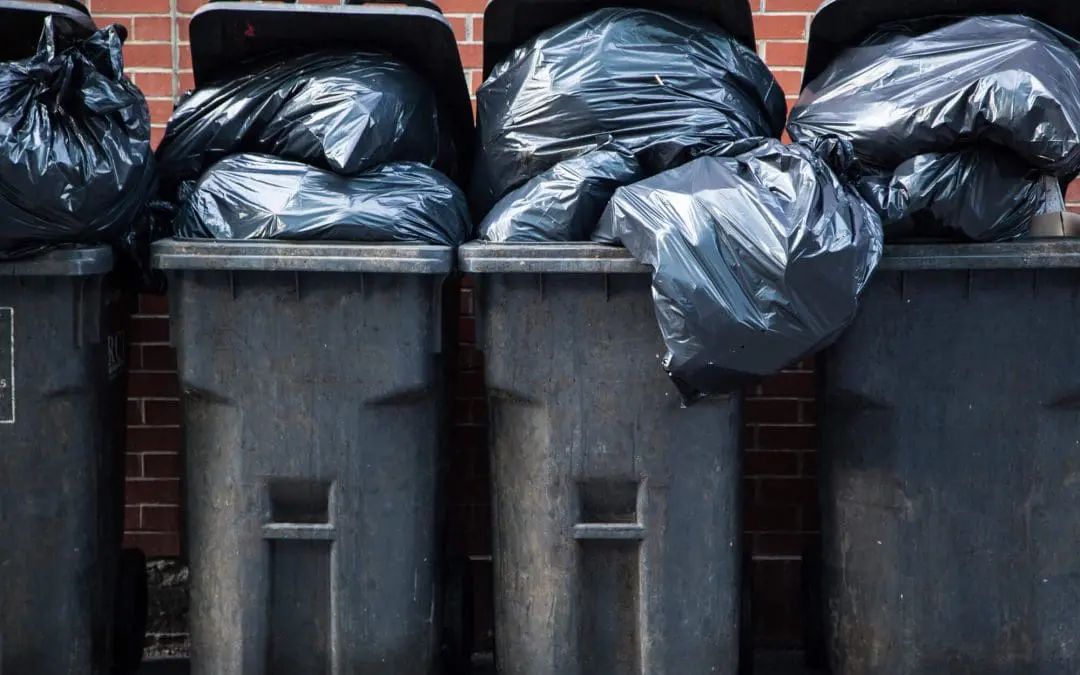The importance of reducing household waste cannot be overstated in today’s world. With environmental concerns mounting, it’s crucial for each of us to do our part to minimize our impact on the planet. Fortunately, there are many convenient and practical ways to reduce waste in our homes. In this blog post, we’ll explore ten simple yet effective strategies to help you reduce household waste.
1. Embrace Reusable Alternatives to Reduce Household Waste
One of the easiest ways to reduce household waste is to replace disposable items with reusable alternatives. Invest in reusable shopping bags, water bottles, coffee cups, and food containers. These small changes significantly reduce the amount of single-use plastics and paper products that end up in landfills.
2. Compost Organic Waste
Rather than throwing away kitchen scraps like fruit and vegetable peels, coffee grounds, and eggshells, start a compost pile or bin. Composting reduces the amount of waste sent to landfills and creates nutrient-rich soil for your garden.
3. Opt for Bulk Purchases
Buying in bulk saves you money and reduces packaging waste. Look for stores that offer bulk bins for items like grains, nuts, and spices. Bring your own containers to fill up, eliminating the need for single-use packaging.
4. Choose Products with Minimal Packaging
When shopping, opt for products with minimal or recyclable packaging whenever possible. Choose items packaged in glass, metal, or cardboard instead of plastic, and support brands prioritizing sustainable packaging practices.
5. Repurpose Household Items
Get creative and find new uses for items you might otherwise throw away. Turn old jars into storage containers, use glass bottles as vases, or repurpose clothing into rags or quilts. With a bit of imagination, the possibilities are endless.
6. Say No to Junk Mail
Stop unwanted paper clutter by opting out of junk mail and catalogs. Contact companies directly to be removed from their mailing lists, or use services like Catalog Choice to simplify the process.
7. Reduce Household Waste by Upcycling Furniture and Decor
Consider upcycling or refurbishing old pieces instead of buying new furniture and home decor items. Give outdated furniture a fresh coat of paint, reupholster worn-out chairs, or repurpose pallets into unique home accents. You can reduce waste and add character to your home.
8. Practice Mindful Consumption
Before purchasing, ask yourself if you truly need the item and if it aligns with your values. Avoid impulse buys and invest in high-quality, durable products that will last longer. By being more mindful of your consumption habits, you can reduce waste and save money in the long run.
9. Donate Unwanted Items to Reduce Household Waste
Instead of throwing away items you no longer need, consider donating them to local charities or thrift stores. Clothes, furniture, appliances, and household goods can often find new homes with those in need, reducing waste and benefiting the community.
10. Support Zero-Waste Initiatives
Finally, support businesses and organizations committed to reducing waste and promoting sustainability. Choose eco-friendly brands, participate in community clean-up events, and advocate for policies that prioritize environmental conservation.
By incorporating these convenient strategies into your daily routine, you can positively impact the planet and help create a more sustainable future for generations to come. Remember, every small action counts, and together, we can make a difference in reducing household waste and protecting the environment.
FAQs About Household Waste
How can I safely dispose of electronic waste (e-waste)?
Electronic waste, including old computers, smartphones, and other gadgets, should be recycled through certified e-waste recycling programs. Many electronics retailers and local waste management facilities offer e-waste recycling services.
What should I do with hazardous household waste?
Hazardous household waste, such as batteries, electronics, cleaning products, and certain chemicals, should be disposed of through specialized collection programs or at designated drop-off locations. Improper disposal can harm the environment and pose health risks.
Are there any regulations or restrictions on burning household waste?
Burning household waste can release harmful pollutants into the air and is often regulated or prohibited by local authorities. It’s important to check local regulations before burning any waste, and alternative disposal methods should be explored to minimize environmental impact.
What should I do with large items of household waste, such as furniture or appliances?
Large items can often be donated, sold, or recycled, depending on their condition. Many charitable organizations accept furniture donations, and appliance retailers may offer recycling programs for old appliances.
MN Pro Home Inspections offers inspections to customers in the Twin Cities and Western Wisconsin. Contact us to schedule our services.

